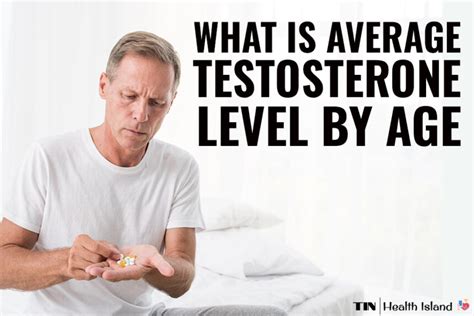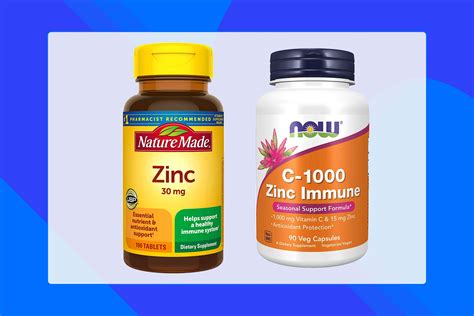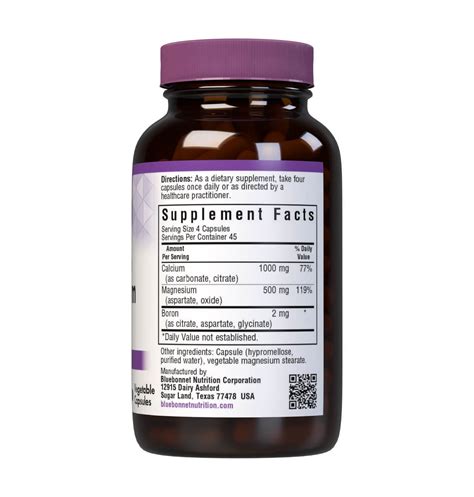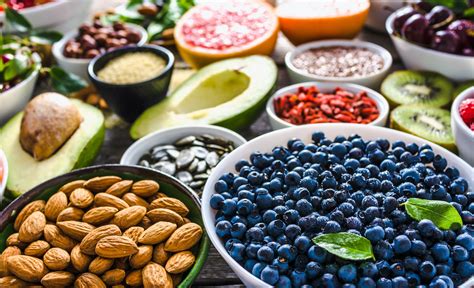Which micronutrients are specifically linked to supporting healthy testosterone levels in men?

Understanding Testosterone and its Importance in Men’s Health
Testosterone is the primary male sex hormone, playing a crucial role in various bodily functions beyond just sexual health. It influences muscle mass, bone density, fat distribution, red blood cell production, mood, and energy levels. As men age, testosterone levels naturally decline, often leading to symptoms such as fatigue, decreased libido, reduced muscle mass, and mood disturbances. While this decline is a natural process, certain lifestyle factors and nutritional deficiencies can exacerbate the issue. Optimizing micronutrient intake is a powerful strategy to support the body’s natural testosterone production pathways.

Key Micronutrients for Testosterone Support
Zinc: The Essential Mineral for Hormone Production
Zinc is a vital trace mineral directly involved in countless enzymatic reactions throughout the body, including those essential for testosterone synthesis. Research has consistently shown a strong correlation between zinc deficiency and low testosterone levels in men. Zinc contributes to the production of luteinizing hormone (LH), which signals the testes to produce testosterone. Dietary sources rich in zinc include oysters, red meat, poultry, beans, nuts, and whole grains.
Vitamin D: The Sunshine Hormone
Often referred to as the ‘sunshine hormone,’ Vitamin D is actually a steroid hormone itself, with receptors found in the testes. Adequate Vitamin D levels have been associated with higher testosterone levels in men, and studies suggest that supplementation can significantly increase total and free testosterone. Beyond sun exposure, good dietary sources include fatty fish (salmon, mackerel), cod liver oil, and fortified foods like milk and cereals.

Magnesium: The Performance Mineral
Magnesium is an abundant mineral involved in over 300 biochemical reactions in the body, including muscle and nerve function, blood glucose control, and blood pressure regulation. For testosterone, magnesium plays a key role by reducing the binding of testosterone to sex hormone-binding globulin (SHBG), thereby increasing the amount of bioavailable (free) testosterone. Foods high in magnesium include leafy green vegetables, nuts, seeds, legumes, whole grains, and dark chocolate.
Boron: The Emerging Testosterone Supporter
While less commonly discussed than zinc or vitamin D, boron is a trace mineral that has shown promising effects on testosterone levels. Studies indicate that boron supplementation can significantly increase free testosterone and decrease estrogen levels in men, suggesting a dual mechanism of action. Boron can be found in fruits (apples, grapes, avocado), vegetables, nuts, and legumes.

Other Supportive Micronutrients for Hormonal Health
-
Vitamin K2
Emerging research suggests that Vitamin K2 may play a role in testicular health and testosterone production. It’s found in fermented foods, egg yolks, and certain cheeses.
-
Selenium
This trace mineral acts as an antioxidant, protecting testicular cells from oxidative damage, which is crucial for optimal hormone production. Brazil nuts are an excellent source of selenium.
-
Omega-3 Fatty Acids
While not a vitamin or mineral, these essential fatty acids are crucial for overall cellular health and can influence hormone sensitivity and production. Found in fatty fish, flaxseeds, and walnuts.

Adopting a Holistic Approach
While individual micronutrients are vital, it’s important to remember that they work synergistically within the context of a healthy lifestyle. A balanced diet rich in whole foods, regular exercise, adequate sleep, and effective stress management are all integral components of maintaining optimal testosterone levels. Nutritional deficiencies often arise from restrictive diets or a reliance on processed foods, making a varied and nutrient-dense diet paramount.
Conclusion
Supporting healthy testosterone levels in men involves a multifaceted approach, with specific micronutrients playing critical roles. Zinc, Vitamin D, magnesium, and boron stand out for their direct and indirect contributions to hormone synthesis and bioavailability. By focusing on a diverse diet rich in these essential nutrients, men can proactively support their hormonal health and overall well-being. Always consult with a healthcare professional before starting any new supplement regimen to ensure it’s appropriate for your individual health needs.









